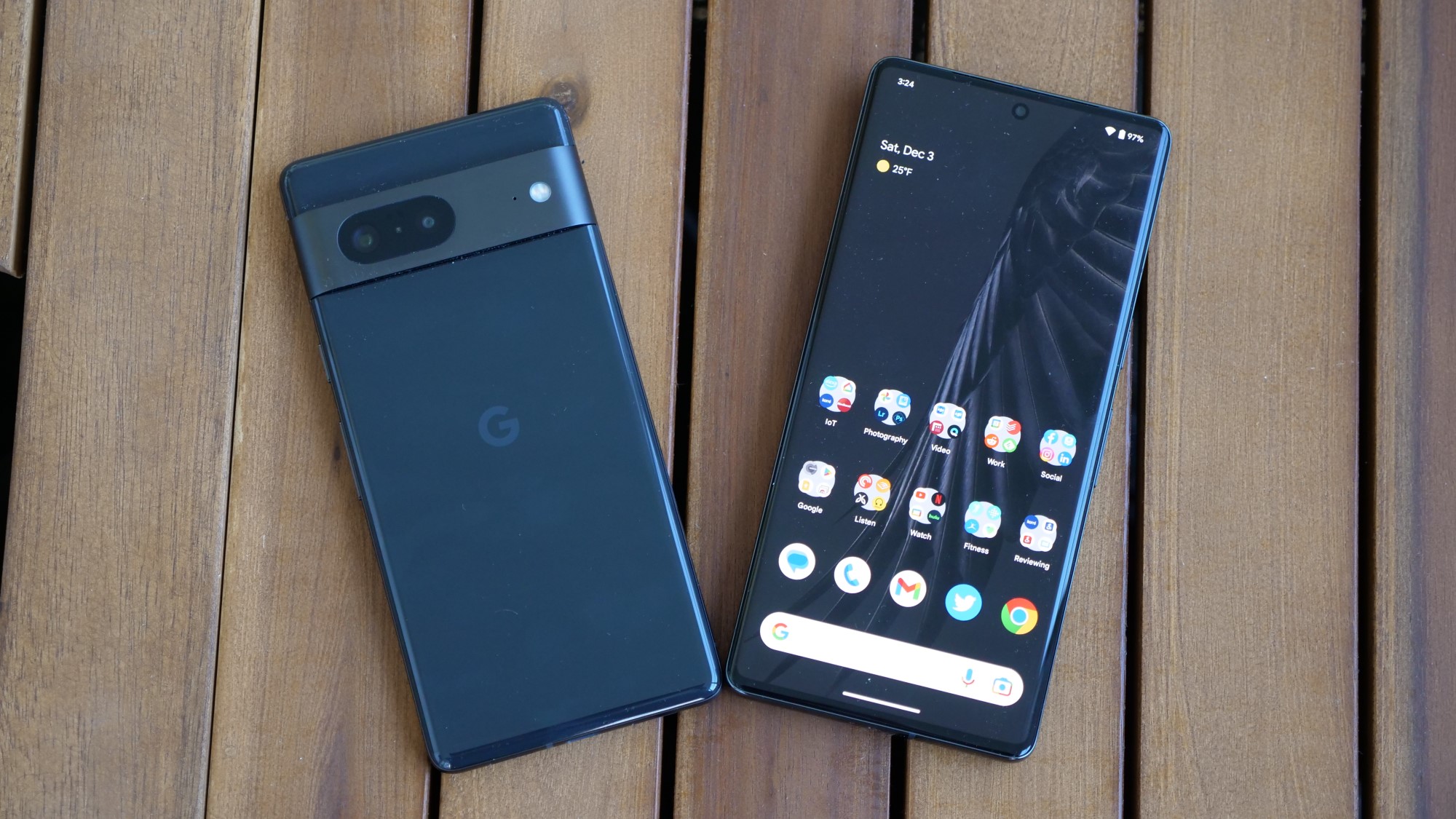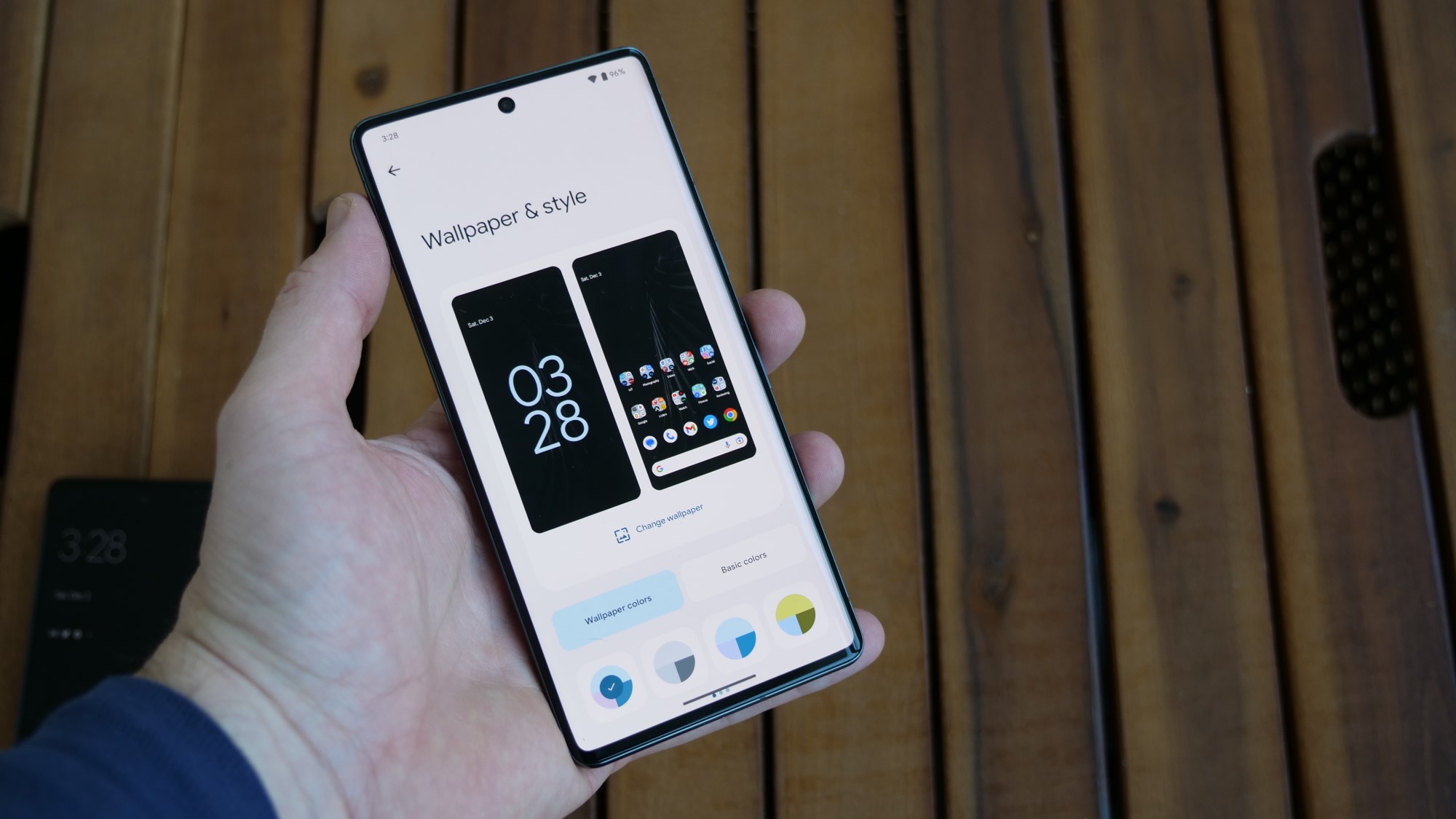Google Pixel 8: Everything we know so far
What’s next for Google’s increasingly popular Pixel phones?
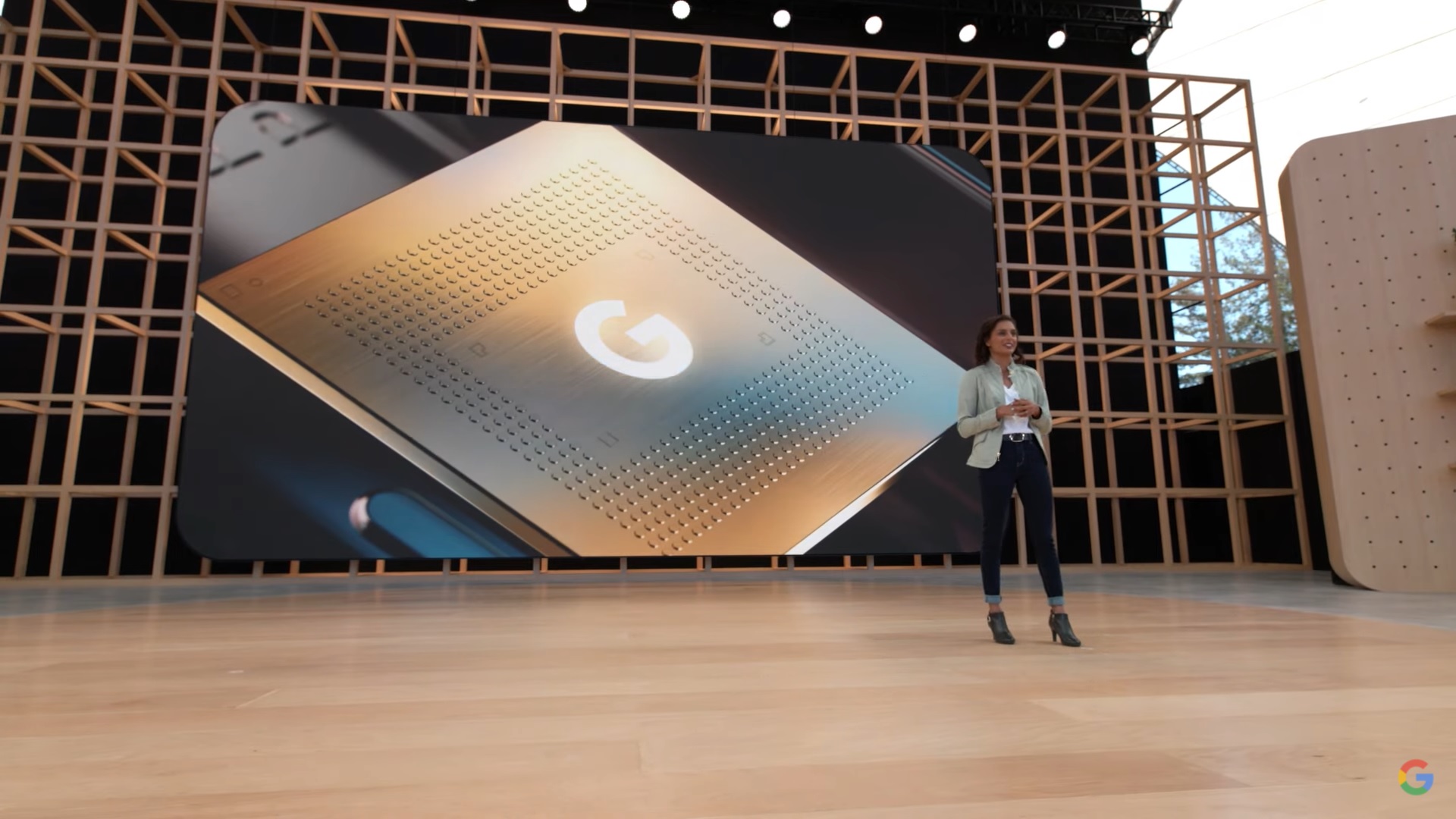
Sign up to receive The Snapshot, a free special dispatch from Laptop Mag, in your inbox.
You are now subscribed
Your newsletter sign-up was successful
The Google Pixel 8 and Pixel 8 Pro aren’t due to arrive until the fall of 2023. But Google is notoriously bad at keeping its hardware secret and there are already a number of leaks and rumors about the forthcoming flagships.
The Google Pixel 7 and Pixel 7 Pro built upon the success and popularity of the Pixel 6 series with Google’s second-generation Tensor chip as the primary hardware upgrade, while software upgrades leveraging that new chipset are arguably the more attention-grabbing updates.
Will we see Google be more ambitious with its hardware upgrades for the Pixel 8 in 2023? Can Google hold the line on its more affordable flagship pricing?
These are just a couple of the questions that we’ll set out to answer based on everything we know about Google’s Pixel series along with the leaks and rumors we’ve gathered so far.
Latest news (Updated: 7/22)
- Tipster reveals Pixel 8 Pro specs and potential launch date
- Pixel 8 Pro leaked photos showcase new camera bar layout and sensors
Google Pixel 8 release date
Naturally, we don’t have a definitive release date for the Google Pixel 8 and Pixel 8 Pro this far out. However, Google sticks to a fairly narrow range of dates with its Pixel events, so we can make an educated guess that should prove accurate.
The Google Pixel 7 and 7 Pro were officially unveiled on Oct. 6, 2022, which is in keeping with most previous Pixel releases. Here’s a look at all of the flagship Pixel release dates:
A Google Pixel roadmap leak indicates that the Pixel 8 and 8 Pro are in the cards for 2023 — giving another sign that the next-gen flagship Pixel lineup is set to arrive.
Sign up to receive The Snapshot, a free special dispatch from Laptop Mag, in your inbox.
Based on previous Pixel announcements, the front-runners for 2023 will be Oct. 3 or Oct. 10, with Oct. 4 or Oct. 11 as the next most likely options for the Pixel 8 and Pixel 8 Pro release event.
The Pixel 8 Pro's potential October release date was further illuded to by tipster Yogesh Brar, who recently tweeted a series of leaked specs for Google's upcoming smartphone before claiming that it will arrive in October.
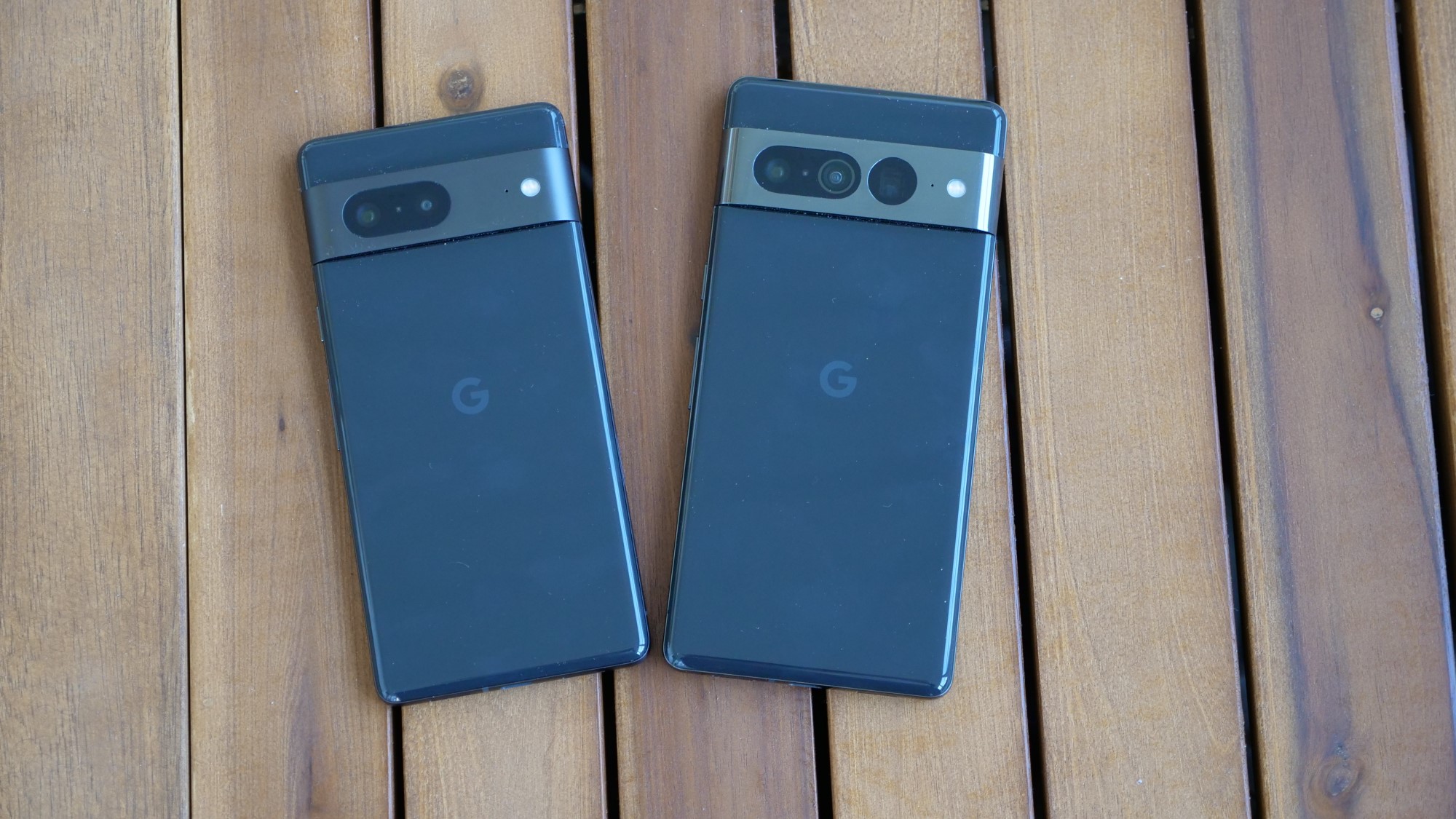
Google Pixel 8 price
We don’t have any compelling leaks regarding pricing yet. It's unfortunate as Google’s relatively unusual pricing structure for its flagship Pixel phones makes this an intriguing subject.
When Google announced the Pixel 6 and Pixel 6 Pro at $599 and $899, it was a bit of a shock. We’d grown accustomed to $799 as the starting price for a flagship phone with premium flagship models starting at $999. This is the case for Samsung’s Galaxy S22 series and Apple’s iPhone 14 models.
There were murmurs of Google changing this up with the Pixel 7 and 7 Pro, but they arrived at that exact same $599 and $899 price point. We’ve already seen a few deals on both the Pixel 7 and Pixel 7 Pro, so this pricing doesn’t seem to be a strain on Google. The most logical option is that history repeats itself and that the Pixel 8 and 8 Pro are $599 and $899.
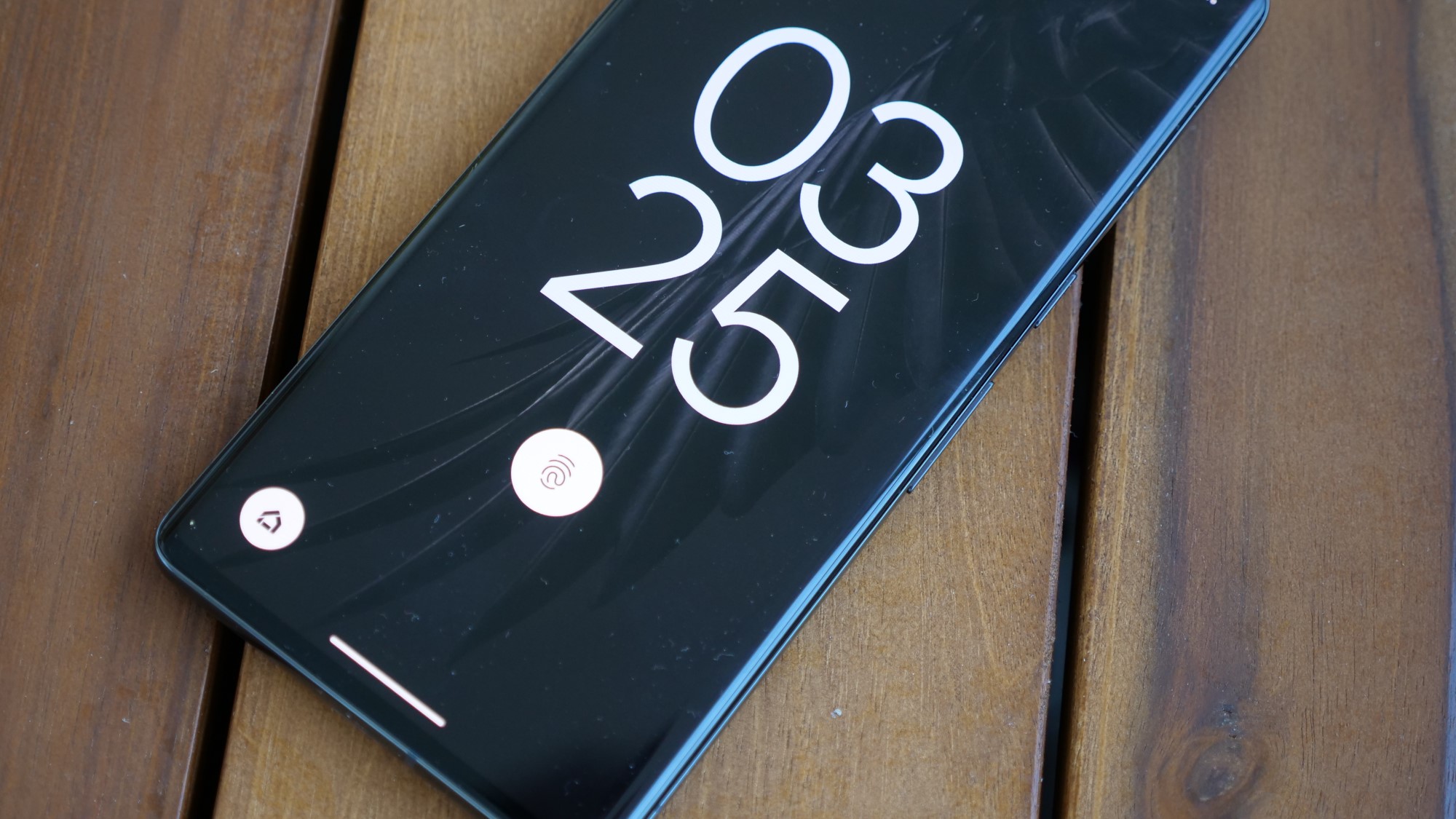
The only thing that gives me pause is that the price disparity between these two phones has been a bit baffling. I called the Pixel 6 “the best Android value ever” and you can copy and print that again when it comes to the Pixel 7. However, the Pixel 6 Pro and the Pixel 7 Pro are a bit tougher to classify. There’s no arguing that Google’s Pro phones belong in the conversation with the iPhone 14 Pro and Galaxy S22 Plus, which both start at $999, but the relative value compared to the standard Pixel just isn’t there.
It’s pure speculation, but this could ultimately drive Google to either raise the price on the standard Pixel or lower the price on the Pixel Pro. If we hear that Google has a “Pixel 8 Ultra” or whatever it would call a higher-end flagship, that would lend more credibility to a pricing change for the two models, but for the time being, I still expect Google to stick to its status quo.
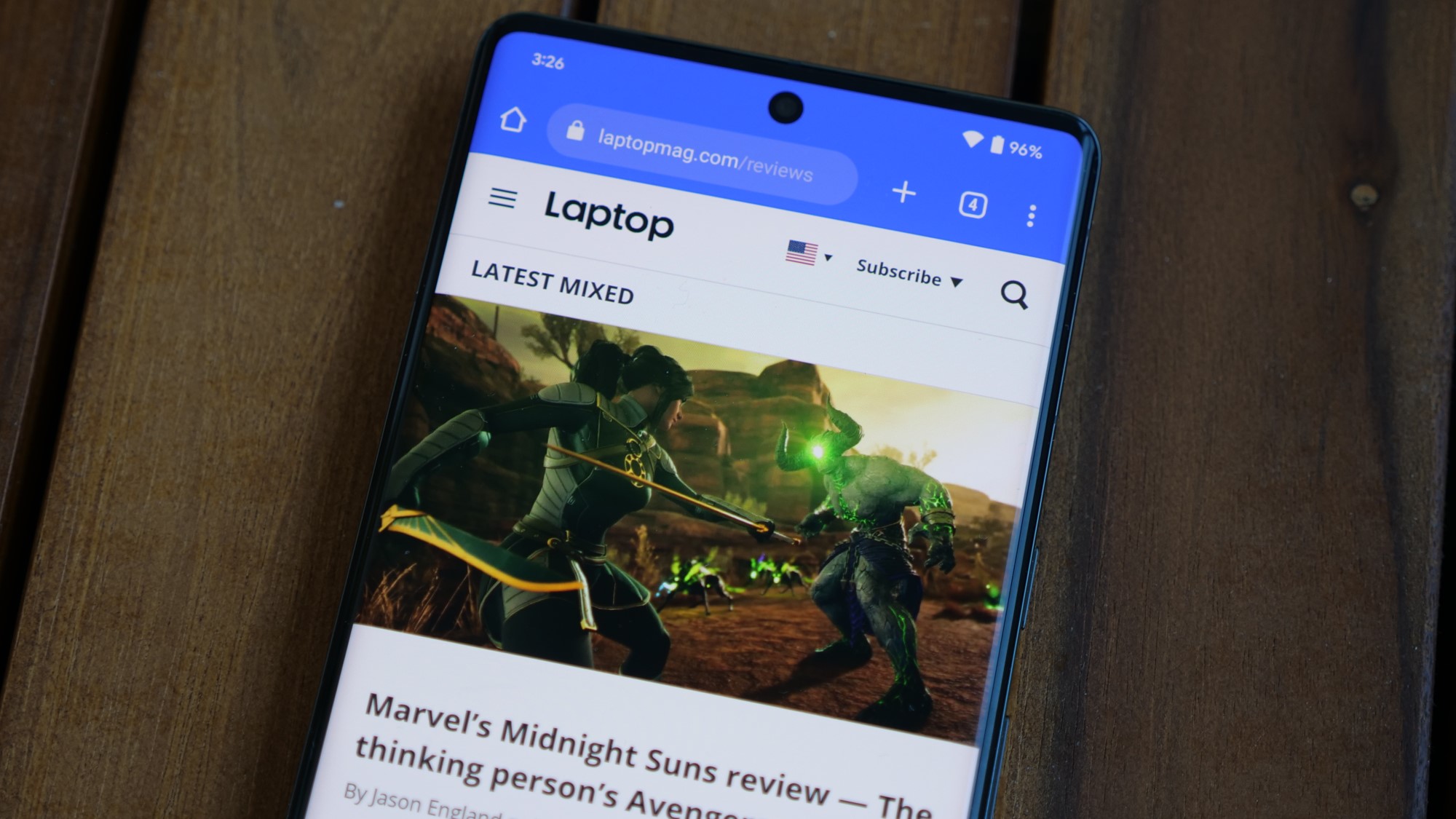
Google Pixel 8 hardware
Hardware leaks have been limited so far, but courtesy of GalaxyClub, we knew before the Pixel 7 was even released that Samsung was hard at work on Google’s custom Tensor 3 chip that is destined to power the Pixel 8.
Google’s Tensor and Tensor G2 chips both dramatically outperform the upper mid-tier Snapdragon chips that Google was using previously, particularly when it comes to the AI and machine-learning tasks that Google has optimized the chipset for, but we don’t know yet where the Tensor 3 will fall when compared to the recently announced Qualcomm Snapdragon 8 Gen 2, which promises to bring ray tracing to mobile phones like the Galaxy S23 in 2023.
WinFuture allegedly found evidence of two potential Pixel 8 models in some publicly available code that refers to the devices as “Husky” and “Shiba.” Both featured 12GB of RAM (up from 8GB in the Pixel 7 and 7 Pro) and the same model found in the Pixel 7 models.
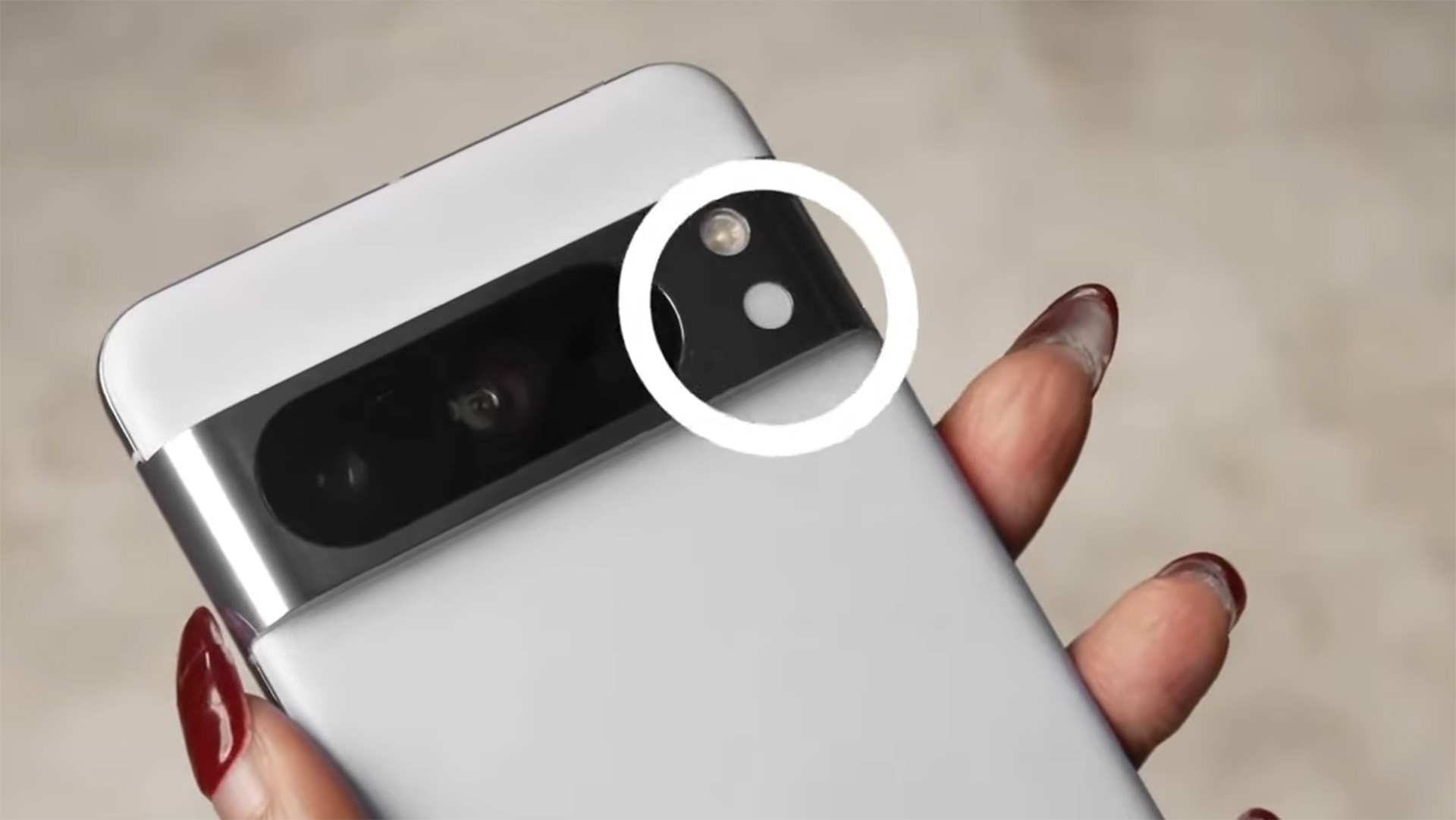
The same leak contained display resolutions with “Shiba,” presumably the Pixel 8 coming in at 2268 x 1080 (a step down from the 2400 x 1080 resolution of the Pixel 7) and the “Husky” offering 2822 x 1344 (again a step down from the 3120 x 1440 resolution of the Pixel 7 Pro). Now it’s possible that Google determined that the extra resolution was wasted and potentially a battery and resource drain, but it would at least be unusual to see phones take a step back on resolution, so take this rumor with a grain of salt.
According to the leaked Pixel roadmap, the standard Pixel 8 will be even smaller than the Pixel 7, while the Pixel 8 Pro will keep the same display size (6.7 inches) and form factor measurements as the Pixel 7 Pro.
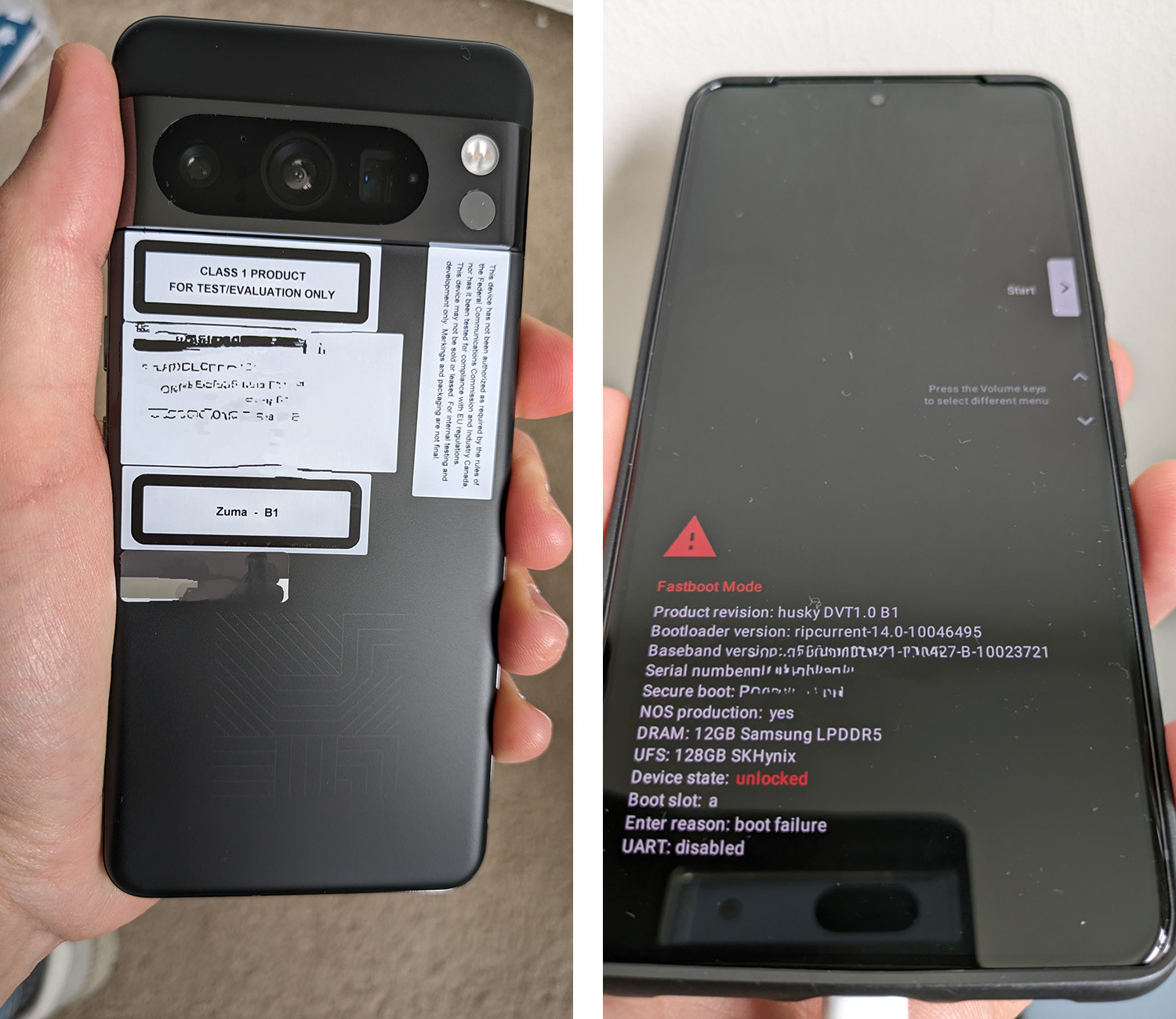
Leaked photos of a Pixel 8 Pro prototype have revealed that Google is highly unlikely to stray from its now, widely recognizable if not universally loved, Pixel design language. That prominent camera bar is allowing people to actually identify Pixel phones in the wild for the first time, and given the money Google is pouring into advertising, that isn’t something it likely wants to give up.
That camera bar will see some subtle changes on the Pro model at least, with the device compacting its camera array into one ovular cutout, and the flash shifted up to accommodate an all-new sensor directly below it.
The new mystery sensor is reportedly an infrared thermometer. A convincingly produced video of it in operation leaked online in May of 2023, showcasing a person using the new sensor to measure temperatures from their forehead to their temple.
A previously mentioned leak from Yogesh Brar may have given us our first full spec reveal of the Pixel 8 Pro after the tipster took to Twitter to reveal all. The Pixel 8 Pro will reportedly feature a 6.7-inch QHD+ LTPO OLED display with a refresh rate of 120Hz, the Google Tensor G3 SoC and Titan chip, 12GB of RAM, 128/256GB of storage, a 50MP OIS main camera snapper, a 64MP ultra-wide lens, a 48MP telephoto sensor, an 11MP front-facing selfie camera, a 4,950mAh battery with 27W wired charging, the aforementioned temperature sensor, and an ultrasonic fingerprint sensor.
Google Pixel 8 and Pixel 8 Pro specifications (rumored)
| Header Cell - Column 0 | Google Pixel 8 | Google Pixel 8 Pro |
|---|---|---|
| Processor: | Google Tensor G3 + Titan chip | Google Tensor G3 + Titan chip |
| RAM: | 8GB | 12GB |
| Storage: | 128GB | 128GB, 256GB |
| Display: | 6.2” QHD+ LTPO OLED | 6.7” QHD+ LTPO OLED @ 120Hz |
| Resolution: | 2268 x 1080-pixels | 2822 x 1344-pixels |
| Rear camera: | TBD | 50MP (OIS), 64MP (Ultra-wide), 48MP (tele) |
| Selfie camera: | 10MP | 11MP |
| Operating system: | Android 14 | Android 14 |
| Battery: | TBD | 4,950 mAh, 27W wired charging |
Google Pixel 8 outlook and what we would like to see
Google has made enormous strides with the Pixel line over the last couple of years after it seemed like it could be on the brink of shuttering the phone division as it has so many other projects. Prior to the Pixel 6 lineup, you could comfortably say that the Pixel phones offered outstanding cameras and some compelling software features, but that battery life, performance, design, and video quality took a bit of a backseat.
That’s far from the case today. The Pixel 7 and Pixel 7 Pro are among the best phones on the market and the Pixel 6a is far and away the best cheap phone available. So what then do we want to see from the Pixel 8?
Bring the Pixel 8 up to a 120Hz display. While 90Hz is a marked improvement over the 60Hz display on the iPhone 14, there are Samsung phones for under $300 that feature a 120Hz display; it’s time for the standard Pixel to make that jump. Thankfully we're already seeing reports of a 120Hz display on the Pixel 8 Pro, though there's no word on the standard model just yet.
That request is going to run counter to my next wishlist item and that’s improved battery life. The Pixel 7 and Pixel 7 Pro can get me through a day, but they are below average, and particularly given that Google isn’t going to win the raw performance fight, I’d like to see the Pixel 8, or at least the Pixel 8 Pro, find a place among our phones with the best battery life.
Finally, if the Pixel 8 Pro is going to remain at its loftier $899 price compared to the $599 Pixel 8, I want to see Google introduce something else to differentiate the top-tier. This could be a 10x telephoto sensor like the Galaxy S22 Ultra or referring back to the previous item a much larger battery than the standard Pixel, but there needs to be something more to justify that price difference.
We have about 3 months until Google takes the stage and unveils the Pixel 8 and Pixel 8 Pro, so bookmark this page if you want to keep up with all of the latest leaks and rumors over the course of the year.
Sean Riley has been covering tech professionally for over a decade now. Most of that time was as a freelancer covering varied topics including phones, wearables, tablets, smart home devices, laptops, AR, VR, mobile payments, fintech, and more. Sean is the resident mobile expert at Laptop Mag, specializing in phones and wearables, you'll find plenty of news, reviews, how-to, and opinion pieces on these subjects from him here. But Laptop Mag has also proven a perfect fit for that broad range of interests with reviews and news on the latest laptops, VR games, and computer accessories along with coverage on everything from NFTs to cybersecurity and more.
- Rael HornbyContent Editor
